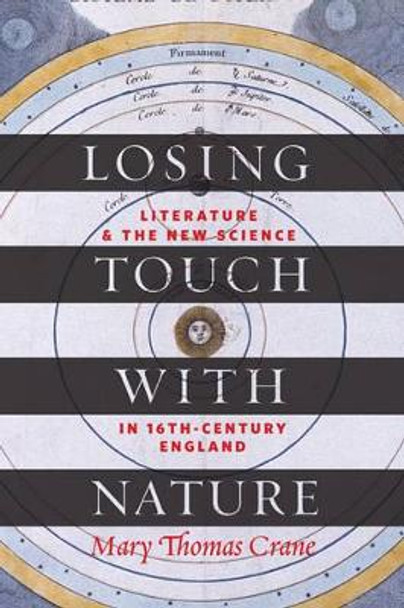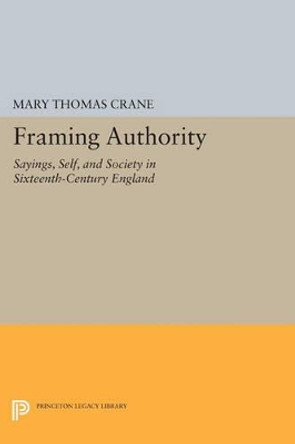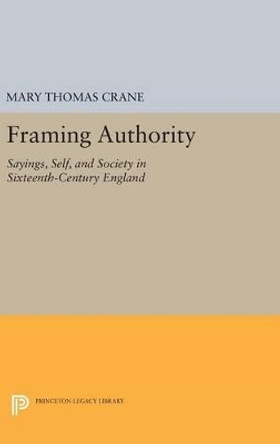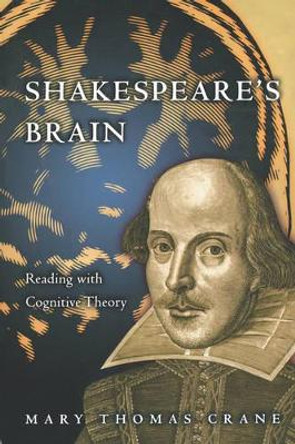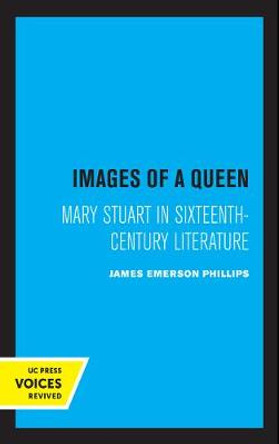Description
Losing Touch with Nature offers a lucid, well-argued account of the prehistory of the scientific revolution in England. Crane's timely study provides a useful model for bridging the gap between literary and scientific production during a period in English thought that has been relatively neglected by historians of science and literary critics alike. Rich in its interdisciplinarity and refreshing in its convincing refutation of many preconceptions about the state of scientific thought in the sixteenth century, this book will appeal to a wide audience. -- Shankar Raman, Massachusetts Institute of Technology
About the Author
Mary Thomas Crane is the Thomas F. Rattigan Professor of English at Boston College. She is the author of Framing Authority: Sayings, Self, and Society in Sixteenth-Century England and Shakespeare's Brain: Reading with Cognitive Theory.
Reviews
Losing Touch with Nature is a stimulating read. Crane gives clear explanations of complex philosophical and scientific subjects-particularly those which are unfamiliar to the modern mind-and sets out her argument lucidly. The view she advances is groundbreaking, providing a new perspective on an important period of history. Her book deserves a wide readership, both within academia and more generally, than just among literary historians. -- Clive Prince Magonia Review Crane's discussion is an exceptionally intelligent guide to the history of early modern science for nonscientists, as well as a useful corrective to some of the unexamined donnees of current writing about early modern science and literature. Perhaps because she is not a scientist or a historian of science, her care in explicating the state of scientific knowledge, its sources and traditions, together with the competing, mingling systems that offered such fecund ground for imaginative writers, is precise, clear, and suggestive. Renaissance Quarterly Crane's synchronic approach to multiple contexts related to science and literature resonates with current interdisciplinary views... Crane's approach to her material is comprehensive and represents an important resource for research. British Society for Literature Of the books that I found most rewarding among this year's crop...I would flag Mary Thomas Crane's Losing Touch with Nature: Literature and the New Science in Sixteenth Century England. Studies in English Literature
Book Information
ISBN 9781421415314
Author Mary Thomas Crane
Format Hardback
Page Count 248
Imprint Johns Hopkins University Press
Publisher Johns Hopkins University Press
Weight(grams) 476g
Dimensions(mm) 229mm * 152mm * 21mm

